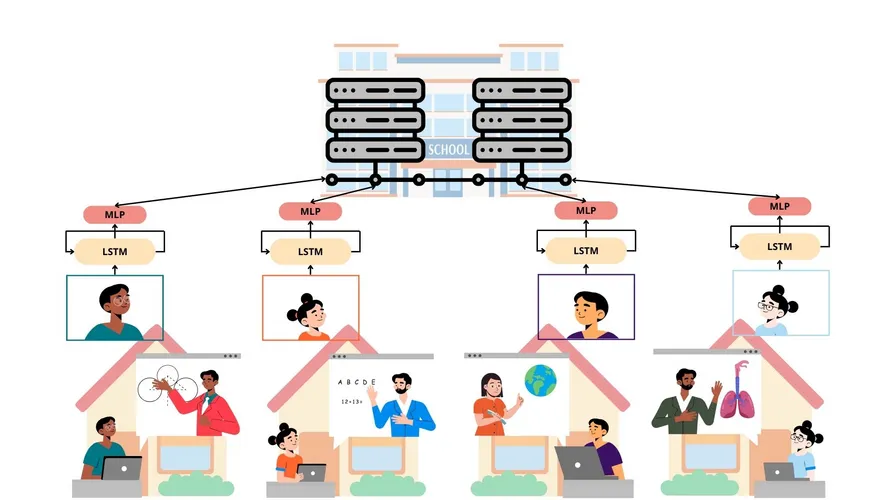Assisting the remote video learner with self-regulation support: A study on the responsible use of machine learning approaches in education

Description
Online video learning is becoming increasingly important in educational contexts. However, remote video learning challenges not only students’ self-regulation, but also teachers‘ abilities to detect these self-regulation problems. The project addresses this problem at the interface of psychology, educational science, and computer science. To this end, potential problems of self-regulation will be automatically detected and measures to support them, for example by optimizing instructional videos, shall be developed. The focus of the project is on the use of instructional videos in the subject of mathematics with different age groups and levels of difficulty.
For the automatic detection of problems with self-regulation, such as mind wandering and disinterest, the data coming from the students’ webcam and microphone is sensitive. We develop personalized federated learning algorithms to train securely on the private data distributed on the learner’s computers.
Funding
- Leibniz-Institut für Wissensmedien (IWM)
Tags: Mind Wandering, Online Education, Machine Learning
Contact
- Anna Bodonhelyi - anna.bodonhelyi(at)tum.de
- Mengdi Wang - mengdi.wang(at)tum.de
Papers
Wang, M., Bodonhelyi, A., Bozkir, E., & Kasneci, E. (2024, March). TurboSVM-FL: Boosting federated learning through SVM aggregation for lazy clients. In Proceedings of the AAAI Conference on Artificial Intelligence (Vol. 38, No. 14, pp. 15546-15554). https://ojs.aaai.org/index.php/AAAI/article/view/29481